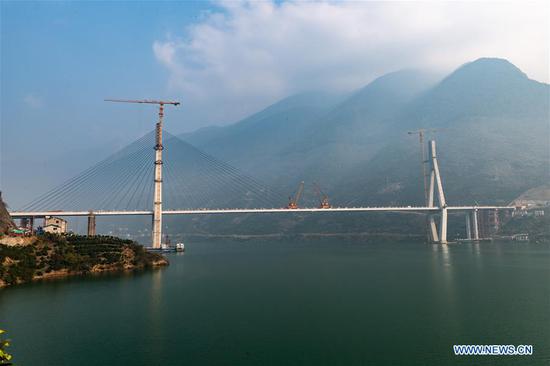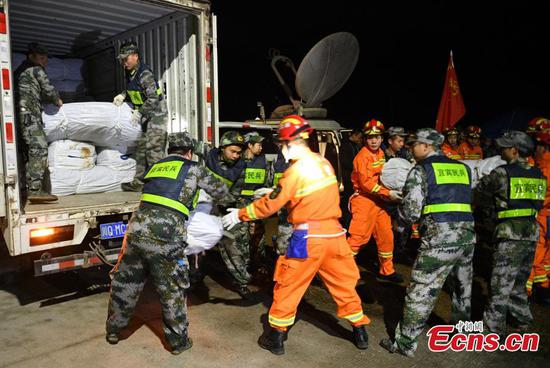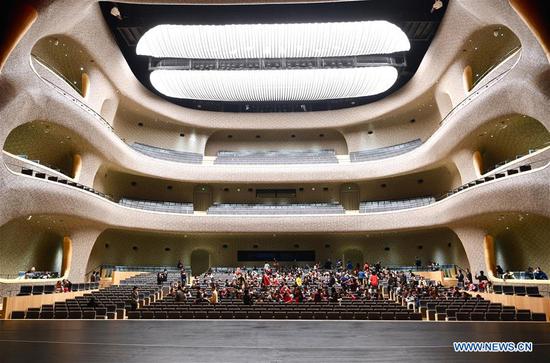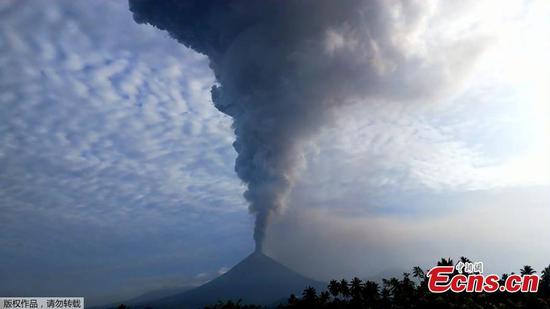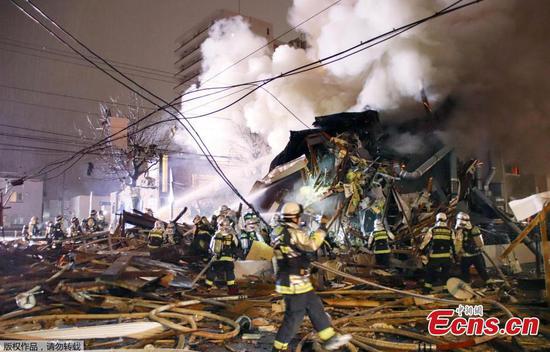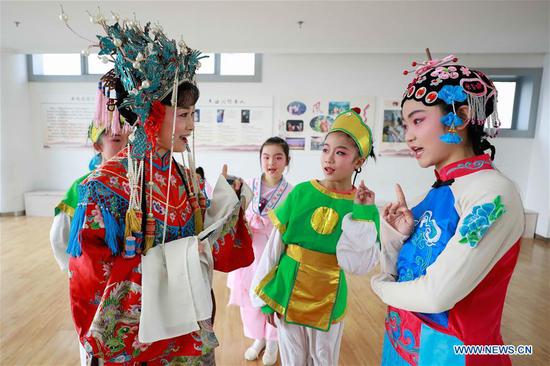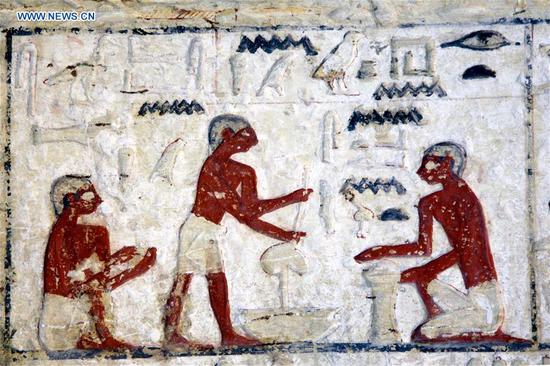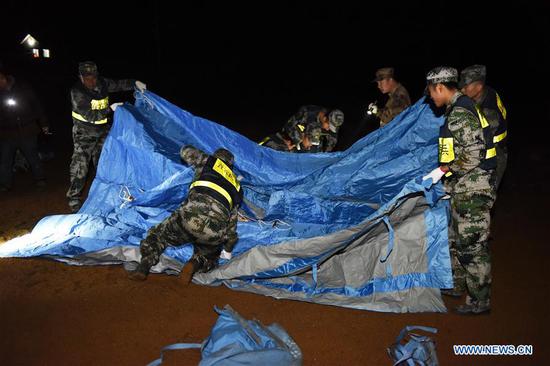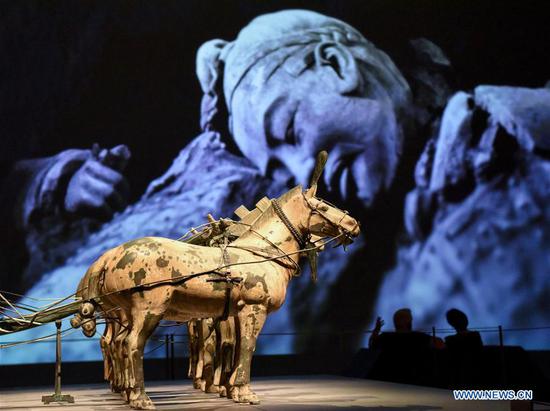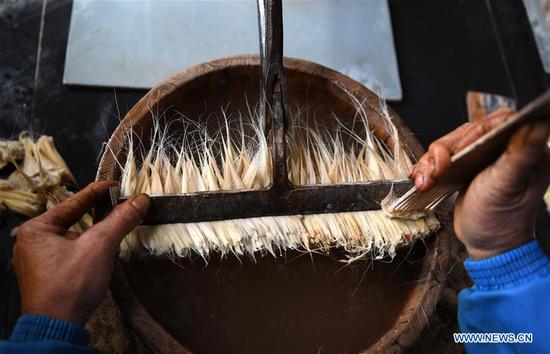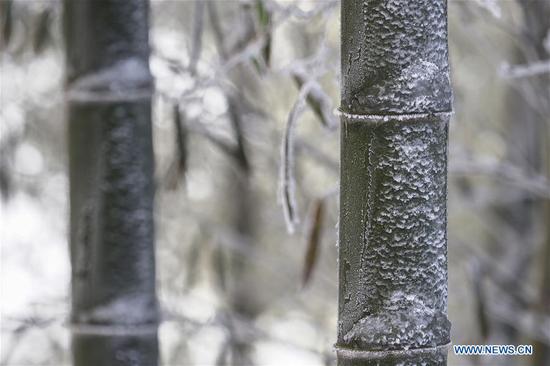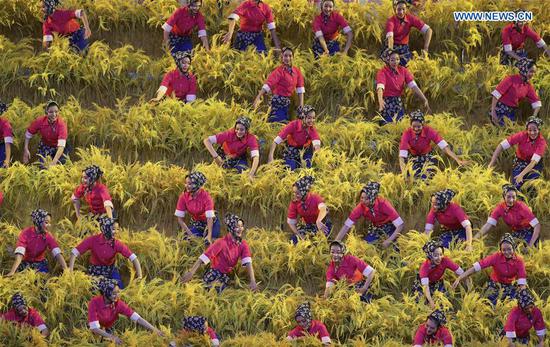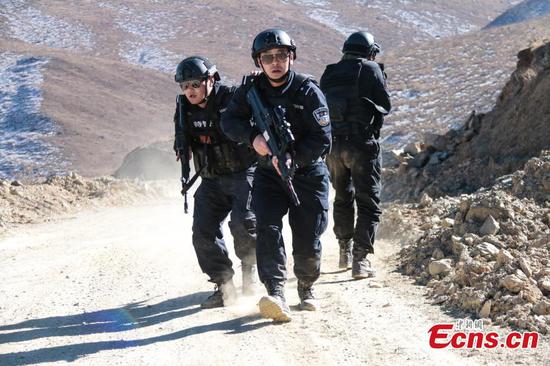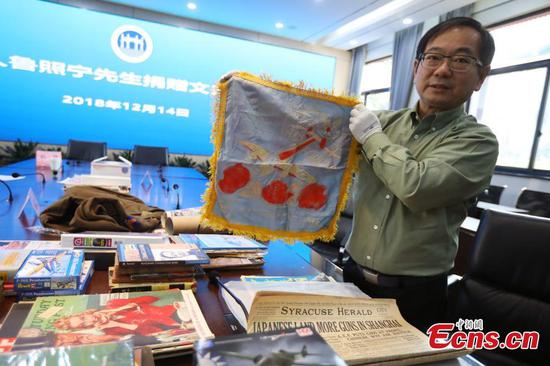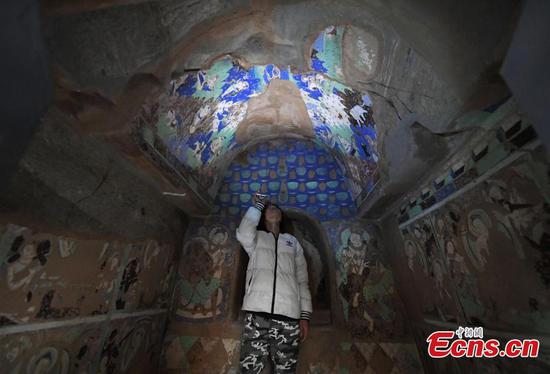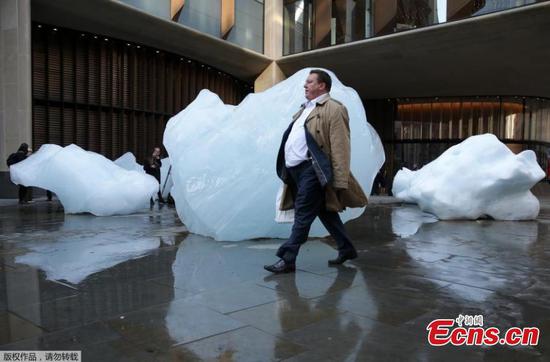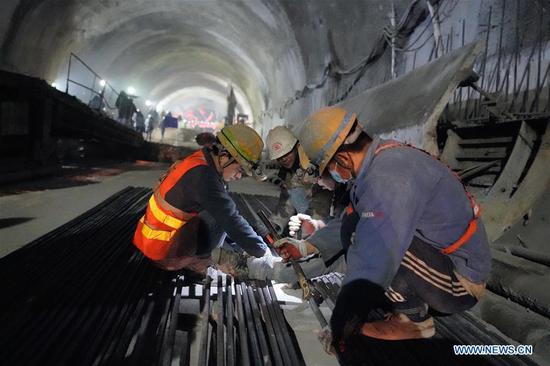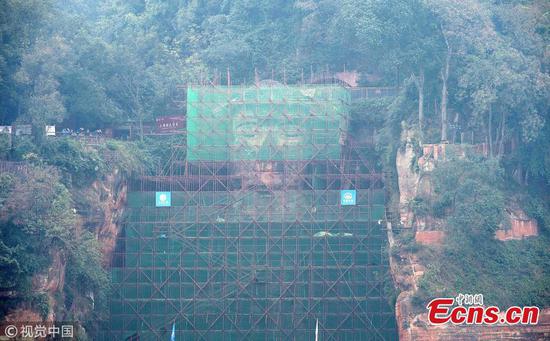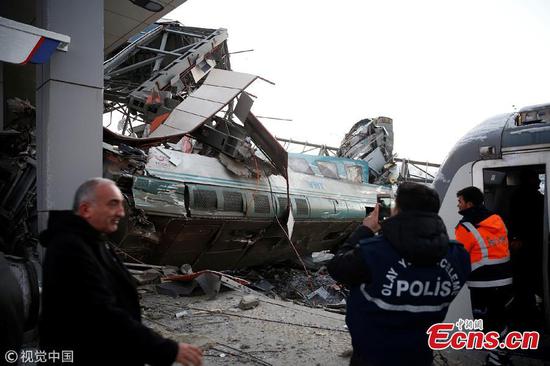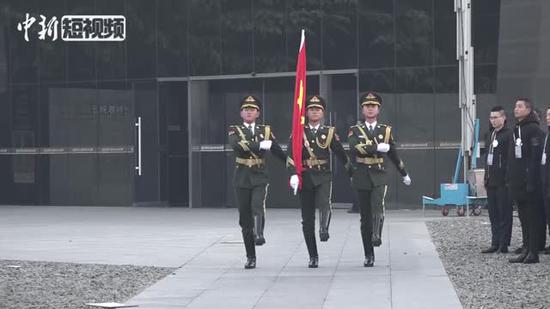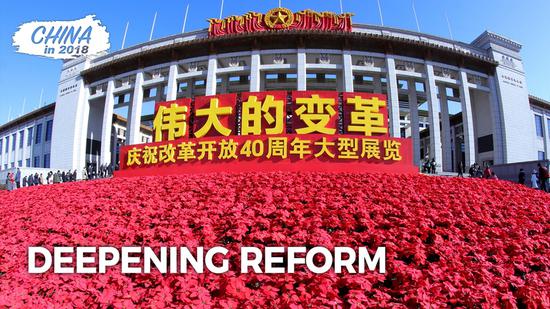
CGTN photo
"The international and domestic environment has undergone extensive and profound changes in the new era, presenting the reform and opening-up with new circumstances, tasks and challenges. To seize opportunities and counter challenges, the key is upholding the banner of reform and opening-up in the new era, and continuously deepening reform and expanding opening-up in a comprehensive way." – Xi Jinping
This year marks the 40th anniversary of China's reform and opening-up, a landmark program that has transformed the once poor nation into the world's second largest economy. It has also been a year that has witnessed the initiation of a new round of reform and opening-up in the new era.
An extensive shake-up of Party and state institutions kicked off in March, followed by the release of the master plan for Xiongan New Area in April.
With both the Guangzhou-Shenzhen-Hong Kong Express Rail Link and the Hong Kong-Zhuhai-Macao Bridge put into operation in September and October respectively, the Hong Kong and Macao special administrative regions (SARs) are being further integrated into the development of the nation.
Meanwhile, Chinese President Xi Jinping reiterated the country's commitment to reform and opening-up and announced a number of measures to open its door wider to the world.
Xi and other senior leaders are behind China's reform drive in the new era. In 2018, they held six high-profile meetings to press ahead with reforms in a wide range of fields.
On January 23, the second meeting of the Leading Group for Deepening Overall Reform of the 19th Communist Party of China (CPC) Central Committee took place.
After the leading group was transformed to the Central Committee for Deepening Overall Reform as part of the institutional reform, the top decision-making body for the country's reform convened five times this year.
A total of 84 documents were reviewed at the six meetings, covering policies in areas such as pensions, healthcare, education, the Belt and Road Initiative, intellectual property rights, free trade zones, finance, state-owned enterprises, institutional reform and innovation.
Institutional reform
"The launch of deeper reform of the Party and state institutions marks a new stage for deepening reform in all areas," Xi, also general secretary of the CPC Central Committee, chairman of the Central Military Commission, and head of the Central Committee for Deepening Overall Reform, said at the first meeting of the committee on March 28.
Xi made the remarks a week after the CPC Central Committee released a plan on deepening reform of the Party and state institutions, which involves restructuring of organs under the CPC Central Committee, the National People's Congress (NPC), the State Council, and the Chinese People's Political Consultative Conference (CPPCC) National Committee, as well as reform of the administrative law enforcement system and military-civilian reform.
The formation of a National Supervisory Commission and restructuring of the State Council were among the most-discussed changes.
According to an amendment to China's Constitution passed by the NPC on March 11, the supervisory commission is a new state organ that independently exercises its power of supervision and is not subject to interference by any administrative organ, public organization or individual.
The drastic shake-up of the State Council is aimed at making it better-structured, more efficient, and service-oriented. As part of the reform, new ministerial-level bodies such as the Ministry of Natural Resources, the Ministry of Ecological Environment, the Ministry of Agriculture and Rural Affairs, the Ministry of Culture and Tourism, the National Health Commission, the Ministry of Veterans Affairs and the Ministry of Emergency Management were created.
On the other hand, entities such as the Ministry of Supervision, the Ministry of Land and Resources, the Ministry of Environmental Protection, the Ministry of Agriculture, the Ministry of Culture and the National Health and Family Planning Commission were dismantled.











